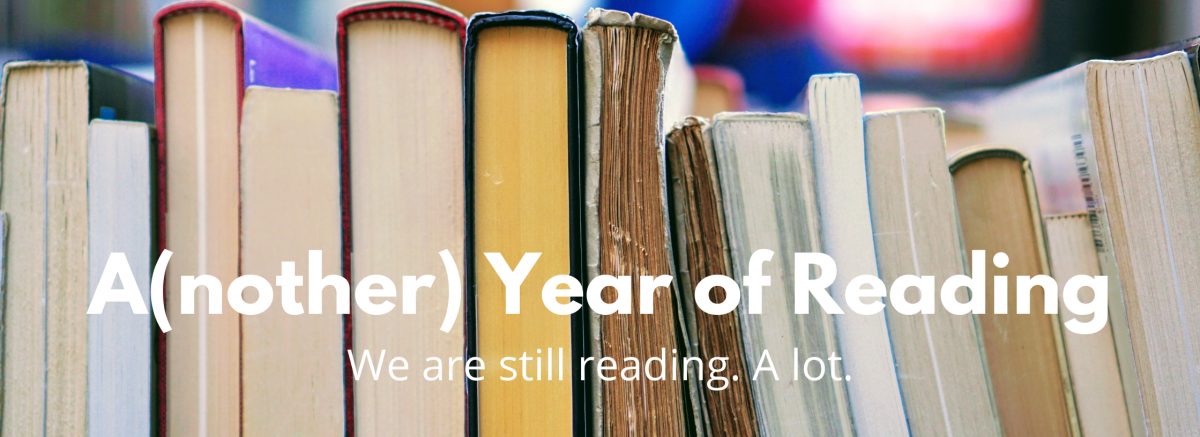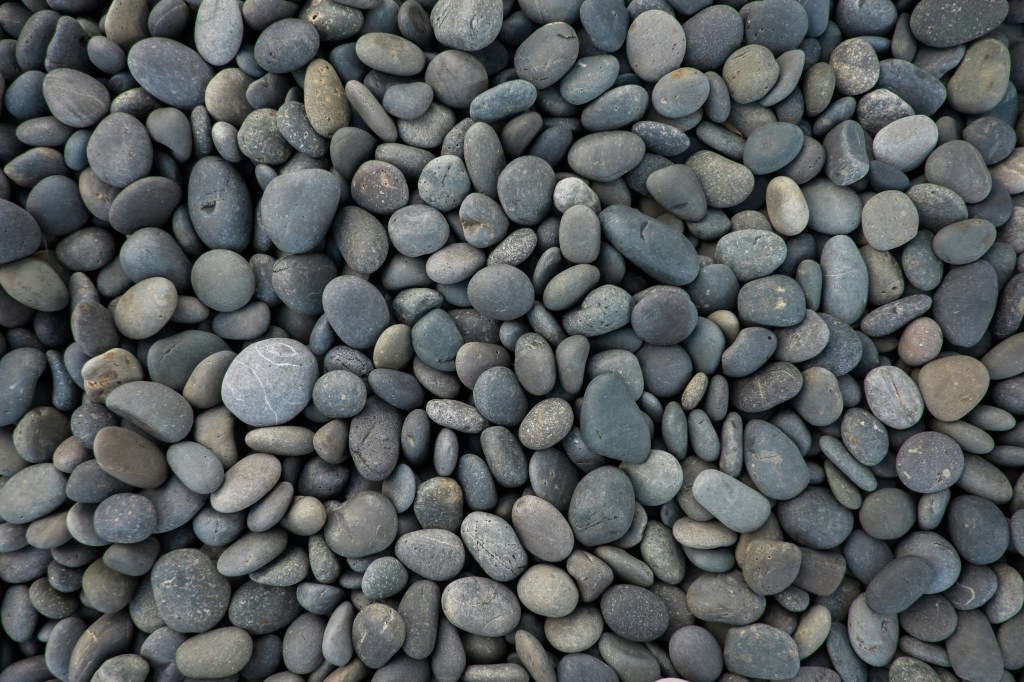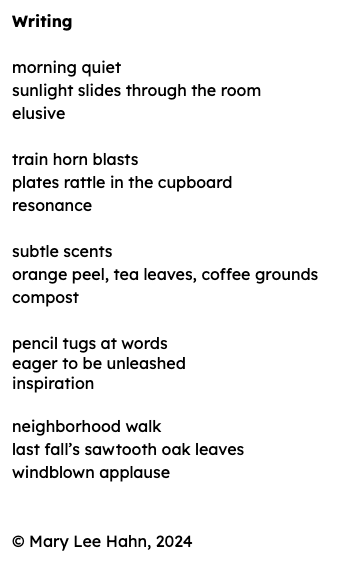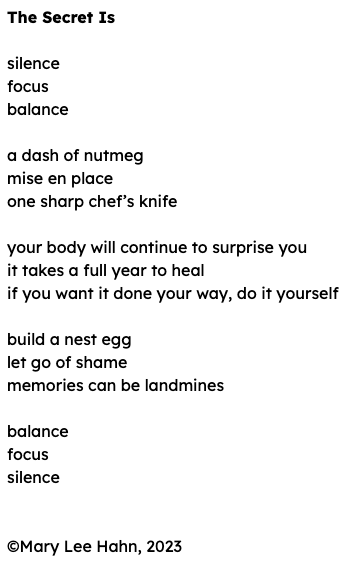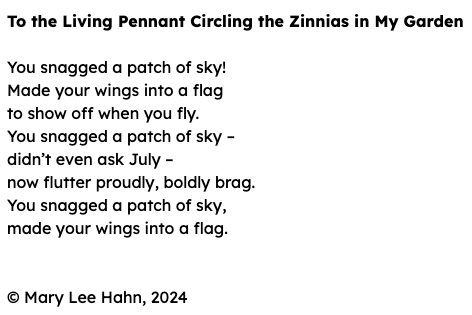
Linda gave us our May challenge. After spinning the wheel of chance that paired us up with another Inkling, we sent off a poem and received a poem. Then, we were tasked to “Fiddle with, play with, tinker, tear-apart, be inspired or stumped by the poem.”
Here’s what Heidi sent me:
Every day I see or hear something that more or less kills me with delight,
that leaves me like a needle in the haystack of light.
~Mary Oliver
Golden Haystack
It’s not common, it’s not every
day
I come across words in which I
see
sparks or
hear
a sounding something
that
opens the locked box of a poem. This one more
or
less demands that I pry at buried boxes, more or less
kills
me.
This year delight will not stay with
me. I can see it, hear it, feel the gauze of delight
that
surrounds me; I try to hold it but it leaves
me
like a pin dropping, like a coin rolling, like
a
sharp momentary needle
in
my arm. I am vaccinated against joy. I search the
haystack
daily for shine, ordinary evening stealing the keys of
light.
Heidi Mordhorst 2021
Is that not the most perfect encapsulation of what The COVID Year was like? How our creativity was muffled and elusive?
I chose to respond to Heidi’s Haystack with some hay bales (a bit like last week’s pebbles), created from handfuls of straw, first from her poem, and then from the Mary Oliver quote.
Golden Hay Bales
There will always be this –
even in a year
devoid of delight,
when hope will
hide its face behind a mask, not
letting me remember to cup my hand around its flame – I can stay
as malleable as the candle with
wax dripping, flowing, creating a new me.
.
a loaded paintbrush, a sharpened pencil, a
threaded needle –
all poised in
the hand of the
maker – her thoughts a loosely massed haystack
of
hope, an undulation of light.
.
Stymied by introspective search,
brushing off the
chaff from life’s haystack
of daily
human indignities, I head for
the garden and its abundance of hopeful shine.
.
Like a crowd bearing purple-flamed torches, every
iris in the bed is poised to bloom. Any day
now I
will wake to see
the torches flaring open like firework explosions or
a hopeful chorus of purple joy I can and yet cannot hear.
©Mary Lee Hahn, 2024
.
It wasn’t until I had finished writing that I saw how light and hope are the twine that holds my bales together.
What a fun challenge! Thank you, Linda. Thank you, Heidi.
Here’s how the rest of the Inklings met Linda’s challenge:
Linda @A Word Edgewise
Catherine @Reading to the Core
Heidi @my juicy little universe
Molly @Nix the Comfort Zone
Margaret @Reflections on the Teche
Buffy Silverman has this week’s Poetry Friday roundup. And because I had a small brain lapse when I put out the call for roundup hosts last December, leaving off June, here is the call for roundup hosts June – December 2024.
The hay bale image is from Wikimedia Commons. (Do you know how hard it is to find pictures of old-school rectangular hay bales? They’re all round now!)
* * *
Edited on Thursday evening to add…a bunch of the torches have flared open. I wish this photo had smell-o-vision!

